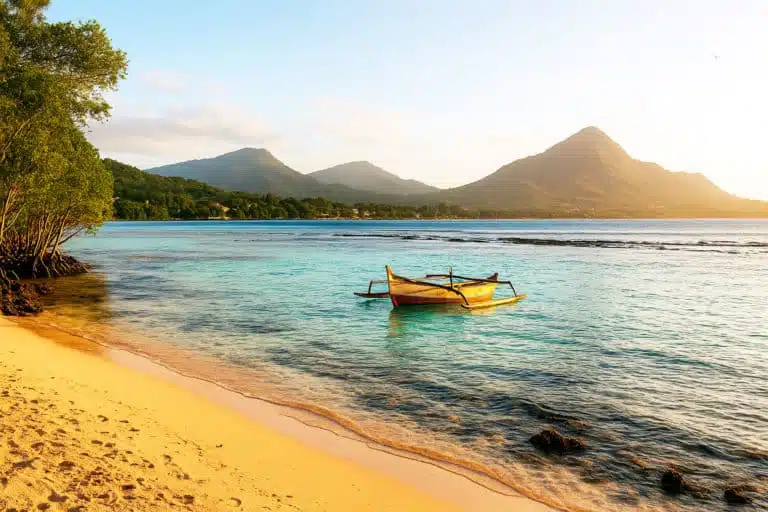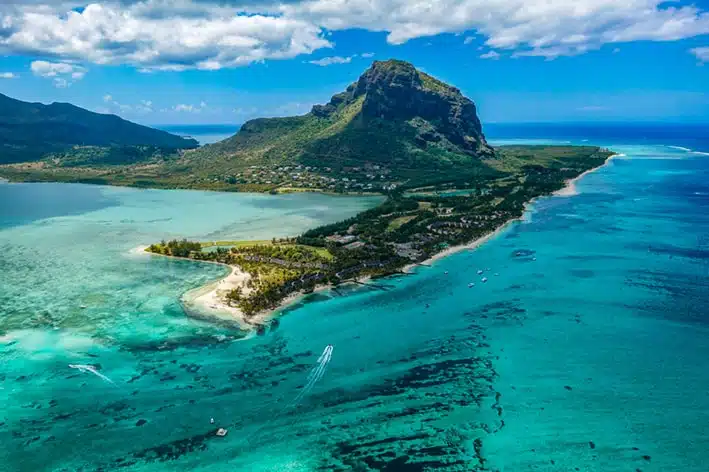Inter-islands combination between the Indian ocean islands: A sustainable and enriching approach
A unique exploration in the sustainable development
The islands of the Indian ocean – La Réunion, Mauritius, Madagascar, Mayotte, Comoros, and the Seychelles – offer a diversity of landscapes, cultures, and unique tourist experiences. Instead of visiting a single island or exploring each island in isolation, opting for combined travels between these destinations can present numerous advantages, particularly from a sustainable development perspective.
Cultural and Natural Diversity
One of the main attractions of inter islands combination lies in the cultural and natural richness of these islands. Each island has its own heritage, traditions, and unique ecosystems. By combining several destinations, travelers have the opportunity to discover:
- La Réunion: A volcanic island with varied landscapes, breathtaking hikes, and a vibrant Creole culture.
- Mauritius: Famous for its paradisiacal beaches, botanical gardens, and Indo-African cultural mix.
- Madagascar: Exceptional biodiversity with endemic species, national parks, and authentic Malagasy culture.
- Mayotte: An impressive lagoon, preserved coral reefs, and Swahili culture.
- Comoros: Volcanic islands with preserved nature, rich history, and welcoming communities.
- Seychelles: An archipelago with pristine beaches, protected flora and fauna, and a rigorous environmental conservation policy.
Reduction of Carbon Footprint
Traveling between the islands using sustainable means of transport, such as ferries, low-emission catamarans, or short flights, can significantly reduce the carbon footprint compared to long international flights. By opting for well-planned itineraries, travelers can minimize their environmental impact while maximizing their experiences.
Support for Local Economies
Combined travels encourage responsible tourism and support local economies more equitably. By visiting multiple islands, tourists spend in various regions, thus fostering more balanced economic development. This type of tourism:
- Encourages local trade exchanges.
- Creates jobs in various sectors, from hospitality to craftsmanship.
- Promotes the purchase of local products, reducing dependency on imports.
Promotion of Sustainable Practices
Combined travels also allow for the promotion and practice of sustainable tourism initiatives across multiple destinations. Travelers can participate in ecotourism activities such as:
- Ecological hikes and guided tours: Learning about biodiversity and local conservation efforts.
- Environmentally respectful diving and snorkeling: Discovering coral reefs while respecting marine ecosystems.
- Homestays: Experiencing authentic local life while supporting local communities.
These activities raise tourists’ awareness of the importance of environmental preservation and encourage responsible behavior.
Illustration of tropical fruits from local markets
Preservation of Natural Resources
By distributing the tourist influx among several islands, combined travels help reduce pressure on the natural resources of each destination. This contributes to the preservation of fragile ecosystems and prevents tourist overcrowding, which can lead to the degradation of natural environments.
Enriched Tourist Experience
In addition to ecological and economic benefits, combined travels offer a richer and more varied tourist experience. Travelers have the opportunity to:
- Experience diverse adventures: From the volcanic peaks of La Réunion to the white sandy beaches of Seychelles, each island offers distinct activities.
- Discover a cultural mosaic: African, Asian, and European influences blend in local cuisines, festivals, and traditions.
- Create unique memories: Each island offers unforgettable moments, from the colorful markets of Madagascar to the ancestral tales of Comoros.
Combined travels between the Indian Ocean islands represent a holistic and sustainable approach to tourism. They allow the discovery of incredible diversity while supporting sustainable development goals. By distributing the tourist impact and promoting responsible practices, combined travels offer a viable solution for preserving the natural and cultural wonders of this unique region of the world.
By choosing this way of traveling, tourists become agents of change, contributing to the protection of island environments while enjoying an unforgettable and enriching experience.








